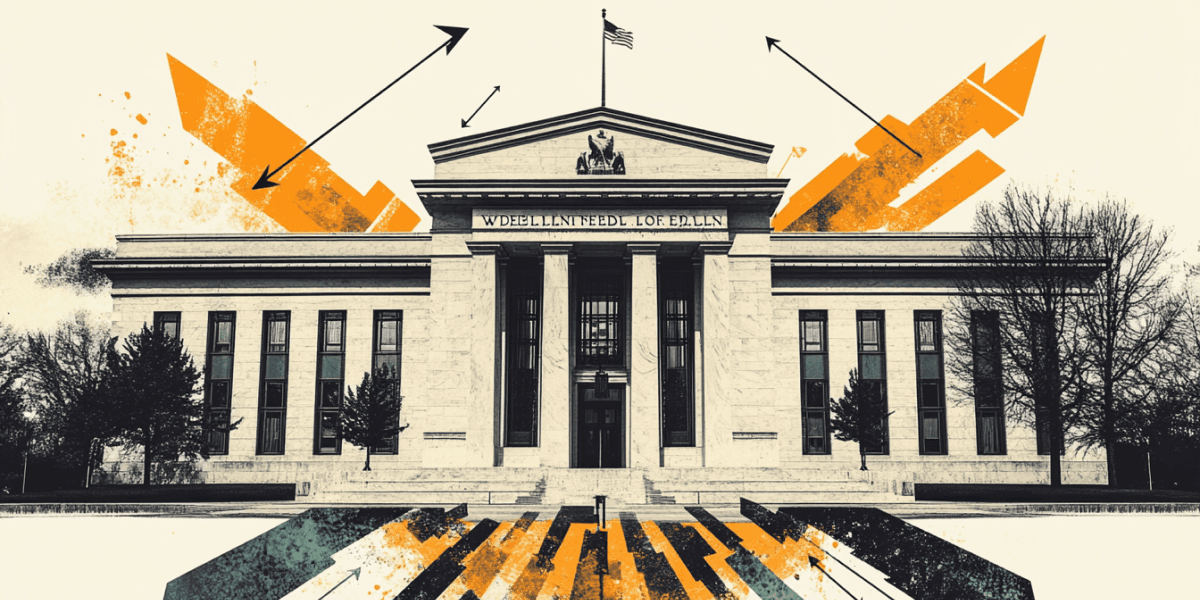Bailey speech: UK labour market giving mixed signals

Bank of England (BoE) Governor Andrew Bailey speaks on the policy outlook and responds to questions from the press following the decision to lower the policy rate by 25 basis points (bps) at the November meeting.
Key takeaways
"We still need to see services price inflation come down more broadly to keep CPI at 2%."
"Not for us to judge on merit of national insurance rise but to respond to inflation impact."
"Gradual approach to cutting rates will help give us time to assess impact of national insurance rise and other risks."
"UK labour market giving mixed signals."
"BoE agents and I have consistently heard from firms they expect to raise wages by 2-4% in 2025 vs 6-6.5% in 2023."
" BoE survey shows firms' pay growth expectations stabilising at 4% in recent months."
"There could be lingering persistence in wage inflation pressures beyond what is in our forecast."
BoE FAQs
The Bank of England (BoE) decides monetary policy for the United Kingdom. Its primary goal is to achieve ‘price stability’, or a steady inflation rate of 2%. Its tool for achieving this is via the adjustment of base lending rates. The BoE sets the rate at which it lends to commercial banks and banks lend to each other, determining the level of interest rates in the economy overall. This also impacts the value of the Pound Sterling (GBP).
When inflation is above the Bank of England’s target it responds by raising interest rates, making it more expensive for people and businesses to access credit. This is positive for the Pound Sterling because higher interest rates make the UK a more attractive place for global investors to park their money. When inflation falls below target, it is a sign economic growth is slowing, and the BoE will consider lowering interest rates to cheapen credit in the hope businesses will borrow to invest in growth-generating projects – a negative for the Pound Sterling.
In extreme situations, the Bank of England can enact a policy called Quantitative Easing (QE). QE is the process by which the BoE substantially increases the flow of credit in a stuck financial system. QE is a last resort policy when lowering interest rates will not achieve the necessary result. The process of QE involves the BoE printing money to buy assets – usually government or AAA-rated corporate bonds – from banks and other financial institutions. QE usually results in a weaker Pound Sterling.
Quantitative tightening (QT) is the reverse of QE, enacted when the economy is strengthening and inflation starts rising. Whilst in QE the Bank of England (BoE) purchases government and corporate bonds from financial institutions to encourage them to lend; in QT, the BoE stops buying more bonds, and stops reinvesting the principal maturing on the bonds it already holds. It is usually positive for the Pound Sterling.
Author

Eren Sengezer
FXStreet
As an economist at heart, Eren Sengezer specializes in the assessment of the short-term and long-term impacts of macroeconomic data, central bank policies and political developments on financial assets.

















